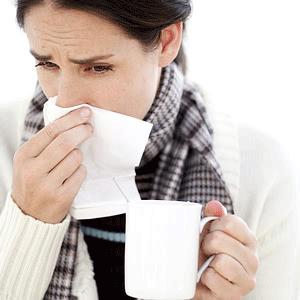The U.S. freight security consultancy FreightWatch reported that $5 million-worth of prescription drugs have been stolen from trucks and warehouses in 41 incidents during 2010.
The increased demand for expensive pharmaceuticals in the wake of the economic recession, especially by those who lack medical insurance to pay for their drugs, has helped make medication shipments a prime target for organized crime.
“There is a steady rise in value and volume,” explained a director at FreightWatch. “Thieves steal what the consumer wants to buy, with so much pharma advertising and people seeking to save money and purchase drugs cheaply.”
Earlier this month, Kentucky robbers stole millions of dollars of Bristol-Myers Squibb’s prescription medications from an unmarked truck en route to Canada during the driver’s 15-minute break.
This followed in the wake of a robbery from the Eli Lilly warehouse in Connecticut last spring, in which the thieves stole a record $76-million-worth of medications.
The FDA says that these robberies pose a threat to the public health, as patients have reported adverse reactions after taken stolen drugs that had not been stored or handled properly. They ordered pharmaceutical companies to increase their security and to cooperate with them in apprehending the criminals.

 Staying healthy during the winter can be tough. The cold, wet days encourage the growth of disease-causing bacteria and viruses, which are then spread easily while people remain cooped up inside, without much fresh air. The early sunsets and rainy days can also cause winter depression, which is common in people who lack vitamin D, a substance which our bodies produce with the help of sunlight. Here are a few tips to stay healthy this season:
Staying healthy during the winter can be tough. The cold, wet days encourage the growth of disease-causing bacteria and viruses, which are then spread easily while people remain cooped up inside, without much fresh air. The early sunsets and rainy days can also cause winter depression, which is common in people who lack vitamin D, a substance which our bodies produce with the help of sunlight. Here are a few tips to stay healthy this season: November 18, 1985 was an important day in children’s history. It was on that day that a young furry red monster by the name of Elmo formed a long-term relationship with his puppeteer, Kevin Clash – and with millions of children around the world.
November 18, 1985 was an important day in children’s history. It was on that day that a young furry red monster by the name of Elmo formed a long-term relationship with his puppeteer, Kevin Clash – and with millions of children around the world.